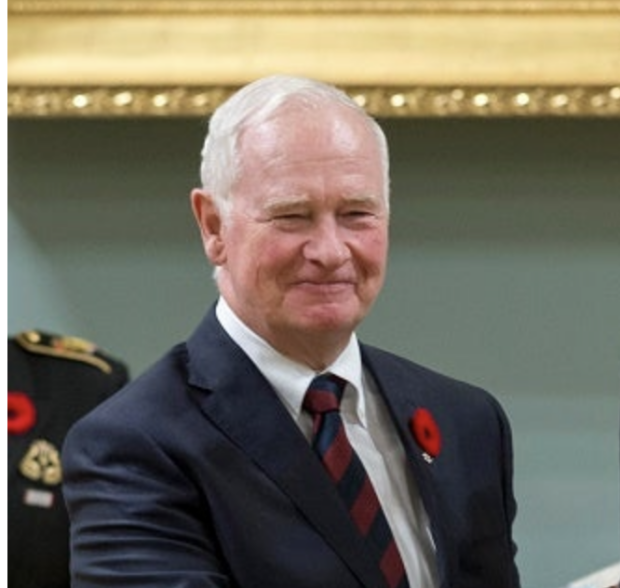Canadian official probing election meddling by China resigns

Former governor general David Johnston FILE PHOTO
Ottawa, Canada — An elder statesman tapped by Prime Minister Justin Trudeau to look into allegations that China meddled in Canada’s last two elections resigned on Friday following opposition party backlash over his appointment.
Former governor general David Johnston had just released an interim report in which he concluded Beijing sought to interfere in Canada’s 2019 and 2021 ballots, but failed to change the outcome of the votes.
He was to begin hearings next month with testimony from targeted diaspora communities as well as national security and international relations experts, before submitting a final report in October.
But opposition parties accused him of being too close to Trudeau and demanded an independent public inquiry instead.
“When I undertook the task of independent special rapporteur on foreign interference, my objective was to help build trust in our democratic institutions,” Johnston said in his resignation letter.
Article continues after this advertisement“I have concluded that given the highly partisan atmosphere around my appointment and work, my leadership has had the opposite effect.”
Article continues after this advertisementTrudeau’s minority liberal government has faced pressure to explain how it responded to the claims — first reported by local media, citing leaked intelligence documents and unnamed sources — that Beijing sought to influence or subvert Canada’s democratic process.
The reported accusations included secret campaign donations and Chinese operatives working for Canadian candidates or lawmakers in an attempt to influence policy.
More recently, it emerged that Beijing sought to intimidate an opposition Canadian lawmaker and his relatives in Hong Kong over his criticisms of China.
Last month, Ottawa expelled a Chinese diplomat implicated in the scheme.
Beijing, which has called the accusations “groundless,” reacted by sending home a Canadian diplomat while warning that aligning with Washington’s policy on China risked sabotaging Canada’s relations with its second-largest trading partner.
In his preliminary findings, Johnston noted common foreign interference techniques included cyberattacks, online influence campaigns, disinformation and “the exploitation of human relationships.”
He also identified shortcomings in how intelligence is shared within government.
But he rejected calls for a public inquiry — advice Trudeau accepted — citing “the sensitivity of the intelligence” at play.
Johnston said his resignation would be effective no later than the end of June.
RELATED STORY:
Trudeau orders new probes into alleged election interference by China